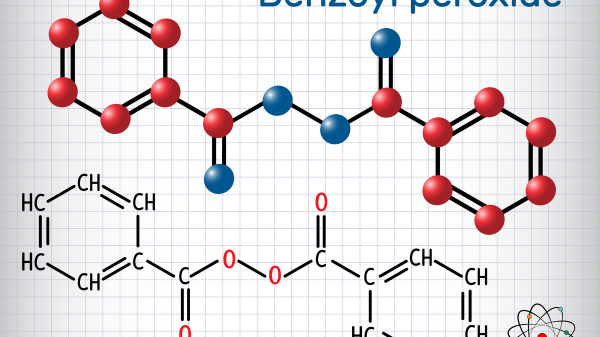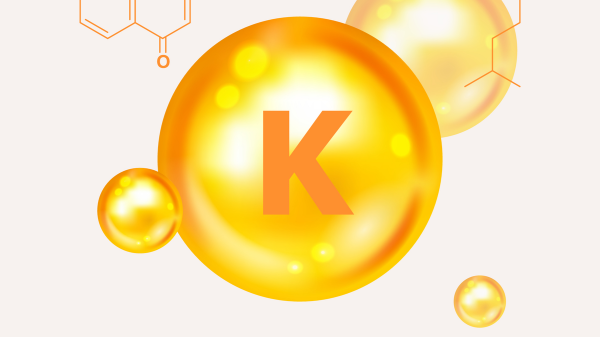Zinc is a nutrient important for the development of children and the enhancement of the immune system. Zinc deficiency increases a person’s chance of developing a condition.
Zinc is responsible for a number of bodily activities. Besides improving the immune system, zinc also helps in the formation of DNA and protein, improves healing of the wound, and also promotes the growth and advancement of children.
Zinc also contains antioxidant properties. Zinc is present in food items like fish, meat, and beans. They also form dietary supplements.
Zinc deficiency
Zinc deficiency causes issues like retarded immune function, loss of appetite, and a decrease in growth. Increased zinc deficiency, however, has further effects of impotence, hair loss, slowed sexual maturation, diarrhea, skin lesion, and hypogonadism in males.
Other side effects also include weird tastes, weight loss, mental lethargy, and slow wound healing. However, many of these symptoms are not related to zinc deficiency and more of those from other illnesses. So, to verify a zinc deficiency, medical tests are crucial to fully identify.
Health Benefits of Zinc
1. Zinc for Immune function
Immune system functioning is improved by using zinc. The deficiency of zinc can increase the chances of developing infections like pneumonia.
2. Zinc for Treating diarrhea
Kids with diarrhea are suggested to use zinc supplements guided by World Health Organization (WHO).
Those with less nutritious diets can benefit from it because it is seen to have improved episodes of diarrhea by decreasing them.
3. Zinc for Wound healing
Good, healthy skin is achieved by normal levels of zinc. Low zinc status is found in people with severe wounds or bad ulcers.
Medical professionals suggest zinc supplements for those who may develop severe wounds that won’t heal.
4. Zinc for Chronic diseases
Zinc contains antioxidant properties. It works to decrease any oxidative stress within the body. Scientists think that a relationship is present between chronic illness like diabetes, high blood pressure, or other metabolic conditions with that of oxidative stress.
5. Zinc for Osteoporosis
A research conducted in 2020 showed that zinc has an important role in improving bone health and development and also helps in avoiding osteoporosis.
Still, it is not clear whether it’s the use of zinc supplements that treats or prevents this condition, so more research is required.
6. Zinc for Neurological symptoms
Low amounts of zinc were found to have a connection with neurological symptoms studied in the 2020 study.
Improvements were seen in those symptoms when these deficiencies were fulfilled in the participants. But still, the researchers agreed more studies need to be performed.</p
7. Zinc for Learning and memory
A few studies conducted in rodents show that zinc can enhance cognitive functioning. Rats were studied in a 2017 study where rats who had received zinc supplements achieved better scores in tasks involving processing and thinking.
Side effects of zinc
Zinc can have the following effects on some people: metallic taste, kidney and liver damage, nausea, diarrhea, vomiting, and many other side effects.
Zinc, if it touches any wound, can cause itching, irritation, burning, or stinging sensations. Zinc should be taken daily at 40 mg dose orally, which is considered safe for use.
















